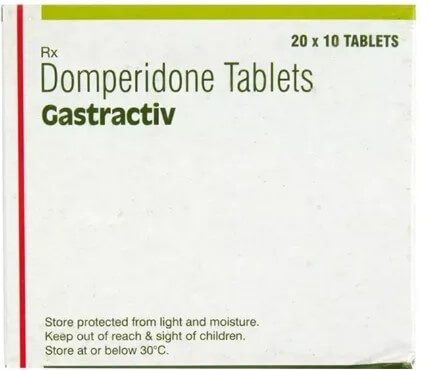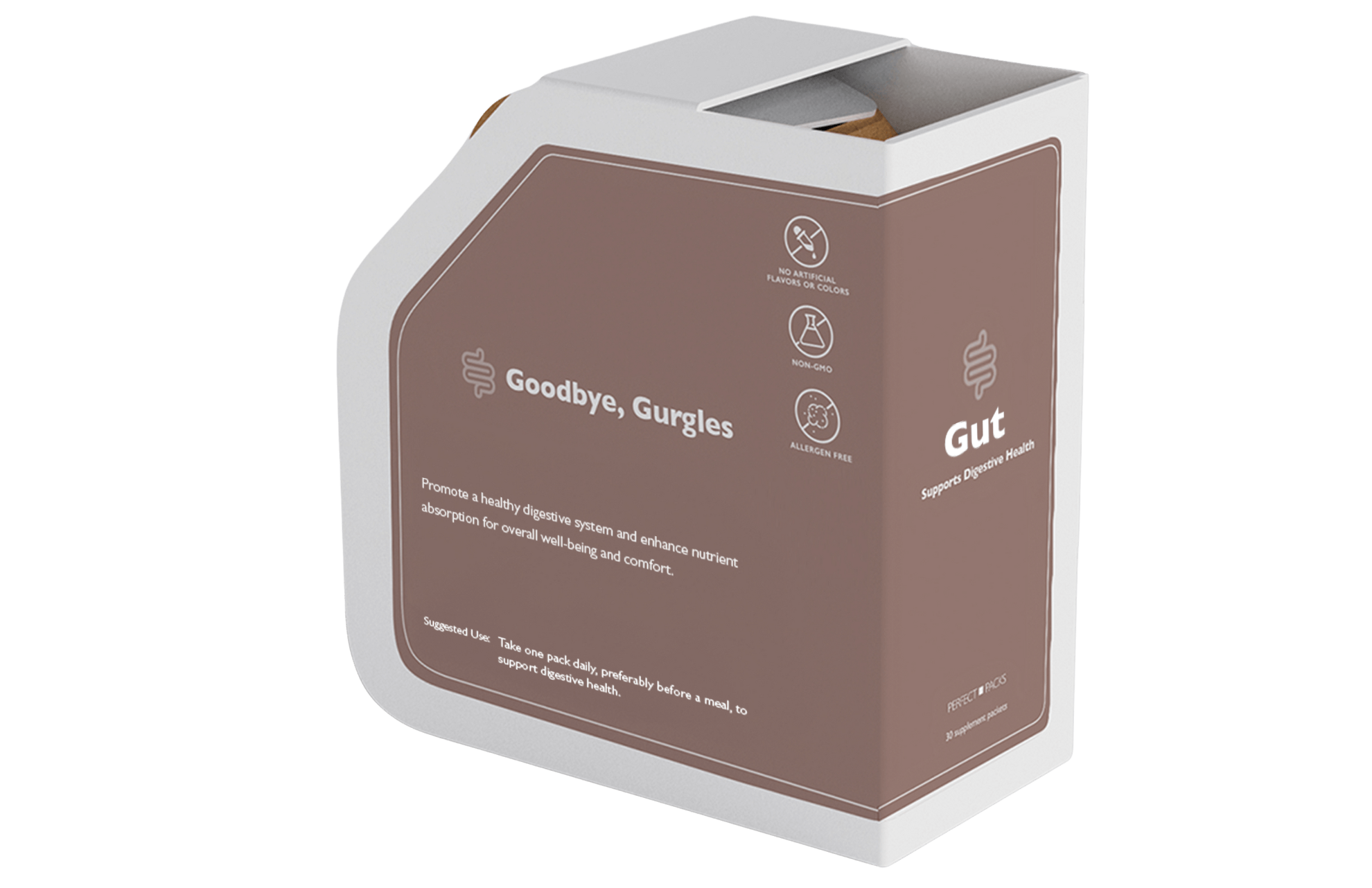Motilium (
generic name: domperidone) is a medicine used to relieve
nausea and
vomiting in adults and adolescents aged 12 years and over who weigh at least 35 kg (≈77 lb). It belongs to the group of
prokinetic anti-emetic medicines. Domperidone works mainly in the digestive tract by blocking
dopamine receptors, which speeds up stomach emptying and reduces signals that trigger sickness. Because it does not easily cross into the brain, it causes fewer sedating effects than some older anti-nausea medicines.
The pharmacological class of domperidone is a
dopamine D2-receptor antagonist. Its main purpose is to improve gastric motility and help control nausea and vomiting. Motilium is used as a short-term treatment, not a long-term daily medicine. It is particularly helpful when sickness is linked to slowed stomach emptying, indigestion, or acute stomach upset. For background on nausea and vomiting, see
MedlinePlus: Nausea and Vomiting.
Dosage
It is important to follow the dosage instructions printed on the label of the box. Check with a doctor or pharmacist if there are any doubts regarding the proper dosage and treatment regimen.
For adults and adolescents (aged 12 years and over, weighing at least 35 kg ≈77 lb), the usual dose is one 10 mg tablet up to three times daily. Take each dose 15–30 minutes before meals. Do not exceed 30 mg per day. Treatment should not usually last longer than seven days unless advised by a doctor.
Doctors may requce the dosing frequency if a patient has kidney (renal) impairment.
If a dose is missed, take when remembered unless the next dose is due soon. Never double the dose.
Always use the lowest effective dose for the shortest necessary duration.
Storage
Store below 25 °C /77 °F) in the original package, away from heat and moisture. Keep out of the sight and reach of children. Do not use after the expiry date printed on the packaging.
Do not use if the blister strip is damaged.
This text is for informational purposes only. Please consult a doctor or pharmacist before using any medication.
The patient leaflet contains full details of side effects. Read them carefully and consult a healthcare professional if unsure.
Cautions:
Seek emergency help if sudden swelling of the face, lips, tongue or throat, difficulty breathing, or severe rash occurs after taking Motilium.
Motilium should only be used during pregnancy or breastfeeding if a doctor believes the expected benefit outweighs potential risks.
Common side effects may include:
- Dry mouth
- Abdominal discomfort
- Diarrhoea
- Headache
- Bloating or feeling full
- Skin rash or itching
- Breast tenderness or milk leakage
Rare but serious effects requiring immediate medical attention may include:
- Irregular or fast heartbeat, palpitations, fainting
- Severe allergic reactions including angioedema
- Severe liver problems such as jaundice and dark urine
- Sudden chest pain, collapse, or cardiac arrest
In any of these cases, call 911 or go to an emergency clinic as soon as possible. Take the medication with you and show it to the attending healthcare people.
Not all side effects are listed. Seek urgent medical attention for severe or unusual symptoms.
Motilium is approved for the short-term relief of nausea and vomiting. These symptoms may result from gastroenteritis, migraine, indigestion, or delayed stomach emptying. The medicine provides relief while the underlying cause is treated or resolves naturally.
Common symptoms that Motilium may be used to manage include:
- Persistent feeling of sickness
- Actual vomiting or retching
- Bloating or abdominal discomfort
- Uncomfortable fullness after meals
- Excessive belching
- Loss of appetite
- Dry mouth and weakness caused by repeated vomiting
- Dizziness and dehydration due to fluid loss
Motilium helps reduce these symptoms by promoting faster stomach emptying and calming the gut signals that trigger nausea and vomiting.











